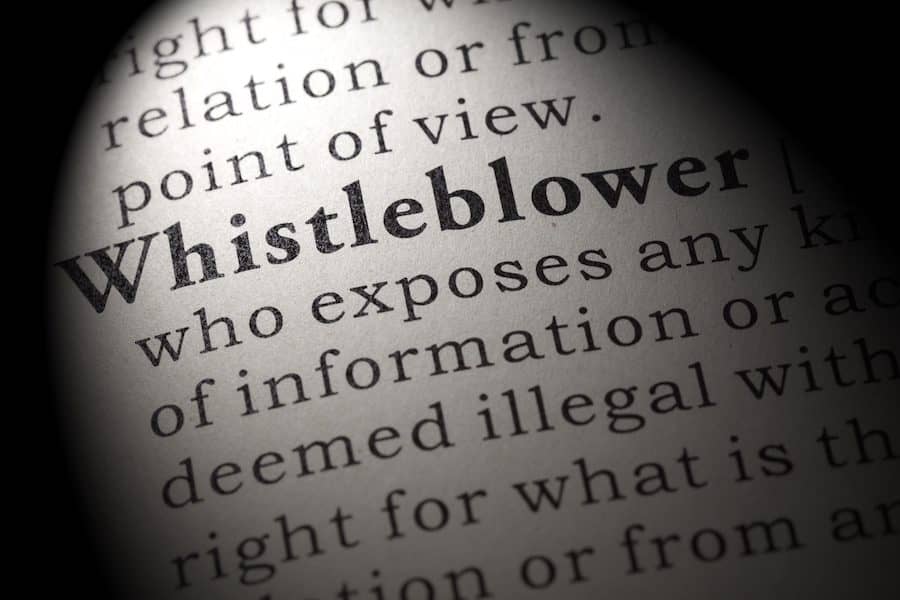Employees might be tempted to squirrel away paperwork before they leave employment in order to feather the nest of any potential legal claims relating to that employment especially if they are concerned that the documents will not be disclosed in future proceedings. The High Court has looked at whether an employee is entitled to take and retain confidential documents – the employer’s property – in order to seek legal advice on claims.
In Nissan v Passi, the employee was dismissed and brought claims for unfair dismissal and whistleblowing detriment. As part of those proceedings, he provided the employer with a disclosure list which included confidential documents that he had taken home before he was dismissed because he was worried that his employer would not disclose them in the employment tribunal proceedings. There were terms in his contract of employment which required him to deliver up and/or destroy confidential documents on termination and to only use them for employer business. He had been asked to return confidential documents when his employment terminated but had retained over 100 confidential documents (some of which were legally privileged) in order to take legal advice in relation to his whistleblowing and other claims. He also shared some confidential documents with a journalist. The employer sought an injunction requiring the employee to deliver up or destroy the documents.
The High Court said that the employer had a strong case against the employee for removing and using the employer’s confidential documents. There was little evidence that the employee had any right to ownership of, or a right to use, any of the documents. The High Court issued an interim injunction that the employee should deliver up or destroy all copies of the documents. The appropriate process for gaining relevant documents was the normal disclosure process, where the employer would be obliged to disclose all relevant documents. It wasn’t the employee’s job to pre-empt that process by retaining documents that did not belong to him. The High Court reminded the parties that the employee could apply for specific disclosure if he felt that relevant documents were not disclosed.
This case shows that confidential information will remain the employer’s property and suggests that a whistleblowing employee will not be allowed to take confidential information with them in order to seek legal advice in relation to potential claims. However, employers must be aware of their duties of disclosure in relation to employment tribunal proceedings. They are required to disclose evidence which either supports or undermines the respective parties’ cases. That includes the disclosure of documents which are unhelpful to their own case or helpful to the employee’s.
Find out how we can help. Our partner, Jon Dunkley, heads the Wollens specialist Employment Department. Contact him today for an informal chat, without obligation on 01271 342268 or via email at [email protected].



